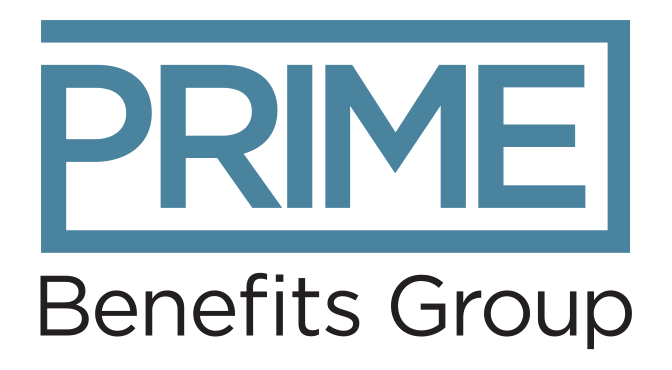- Have a question?
- 613-89-Prime (77463)
- 1-866-950-3667
- info@primebenefitsgroup.com
Addressing the Need for Workplace Vaccine Policies


In recent months, COVID-19 vaccines have become readily available. The summer of 2021 saw a push for vaccine clinics to be held in public health buildings, community arenas, schools, pharmacies, and doctor’s offices. Getting creative to ensure as many people as possible could become vaccinated became a top priority. As a result of the efforts of many, the Prime Minister announced on July 27, 2021 that just over 80 per cent of eligible people in Canada received their first dose and 64 per cent are fully vaccinated.
The campaign to ensure that everyone who wanted to receive the vaccine would have access was part of a larger agenda to protect the health and safety of all Canadians.
Workplace Vaccine Policies
Keeping a close watch on the approach taken by the federal government to implement a vaccine policy is fueling many employers to finalize their workplace vaccine policies as well.
In addition to the federal government, those who work under federally regulated industries are required to be vaccinated to return to the workplace. Large employers like Twitter, Sun Life, and the six major banks, have quickly followed suit and recently broadcast their vaccine policies too.
Alongside the need for vaccine policies, employers are focused on establishing return-to-the-office playbooks as employees express their desire for greater work flexibility. Given many have been asked to work from home since March 2020, the protocols, expectations, and requirements for work-from-home as well as co-located work arrangements is another piece of the complex pandemic-related fall-out that demands employer attention.
Various recent surveys highlight that employees do wish to return to some version of a hybrid work arrangement with the proviso that when they return to the office, they will feel safe and not risk unnecessary exposure to the virus. Additionally, employers recognize that under occupational health and safety law, they have a legal duty to not place employees and other third parties at risk especially when working in close proximity or in a congregated work setting.
To date, there are no federal or provincial health regulations that mandate COVID-19 vaccinations for the public. As such, employers need to be clear about whether their vaccine policies are voluntary or mandatory as well as temporary or permanent.
Sample Policies and Vaccine Toolkits
For those looking to source examples of sample mandatory vaccination policies, there are several available online as well as COVID-19 vaccine toolkits for employers. An important consideration of the policy should be to educate, inform, provide options, and outline support for getting vaccinated. Support may include paid time off to receive the vaccination and resources to educate and answer questions.
Exclusions and Options
There will be situations where, for human rights reasons such as religion and medical complexities, an employee decides not to be vaccinated. The policy should outline options such as masking, social distancing, rapid testing, and any other protective measures. In some cases, employees can work from home and the issue of vaccination is minimized.
If an employee refuses to become vaccinated without a valid reason such as religion or health status, the policy should outline what it is about the workplace that makes it essential for employees to have the vaccine.
Furthermore, employers benefit from outlining specific options for consideration prior to enacting disciplinary steps. Taking this route before pursuing disciplinary action supports an inclusive and constructive work climate.
Additional Free Resources
The topic of coronavirus vaccines is a complex one. Addressing how the policy aligns with your benefits program may be another consideration for you. We are here to offer guidance and resources that bring greater clarity to issues such as this one.
Also, we have a digital Remote Care Wellness Toolkit that you can access by contacting us at info@primebenefitsgroup.com.
Let’s work together and create solutions that work best for you and your organization.